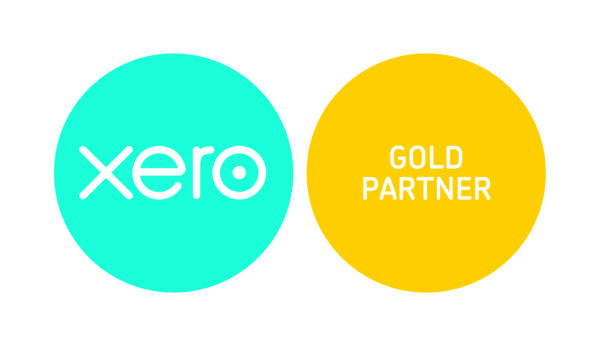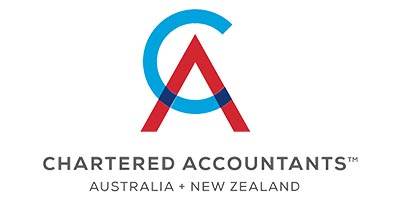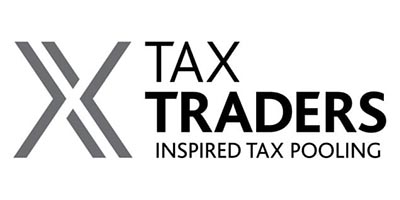Majority of taxpayers comply with our self assessment based tax system and report correctly their true financial position. However mistakes can be made inadvertently and remain undiscovered for a sometime.
Weather you have made a mistake and omitted some income or expenses inadvertently or you may cut corners or not fully disclose your income to the IRD you can make a voluntary disclosure. A voluntary disclosure tells the IRD what is wrong with your tax returns before the IRD find it out themselves through an audit or review.
Anyone can make a voluntary disclosure – salary or wage earners, individuals, businesses, trusts and employers.
How does a voluntary disclosure help?
Often what may seem to be trivial omissions at first can collectively become a serious issue. The longer you leave your under-paid tax undeclared, the more likely you are to be caught out and the less favourably the IRD will look on your case.
You will also be hit with a number of penalties and interest charges, criminal prosecution, liquidation of you business and bankruptcy are on the cards as well depending on the seriousness of the case.
By doing a voluntary disclosure you are showing the IRD your willingness to put things right. According to the Standard Practice Statement 09/02a voluntary disclosure that is made under section 141G or section 141J of the Tax Administration Act 1994 is eligible for a shortfall penalty reduction provided;
A taxpayer can make a full voluntary disclosure either before the taxpayer is first notified that a tax audit is pending (“pre-notification disclosure”), or after the taxpayer is first notified of a pending audit but before the audit starts (“post-notification disclosure”).
In Summary
It’s always better to set your tax matters straight before the IRD find out. It not only saves you money but will certainly save you a lot of sleepless nights. Speak with your financial advisor/accountant or contact us if you are in a situation which requires a voluntary disclosure or if you are not sure if you require a voluntary disclosure. Call us for a confidential discussion and we can advise you on the best course to take.






